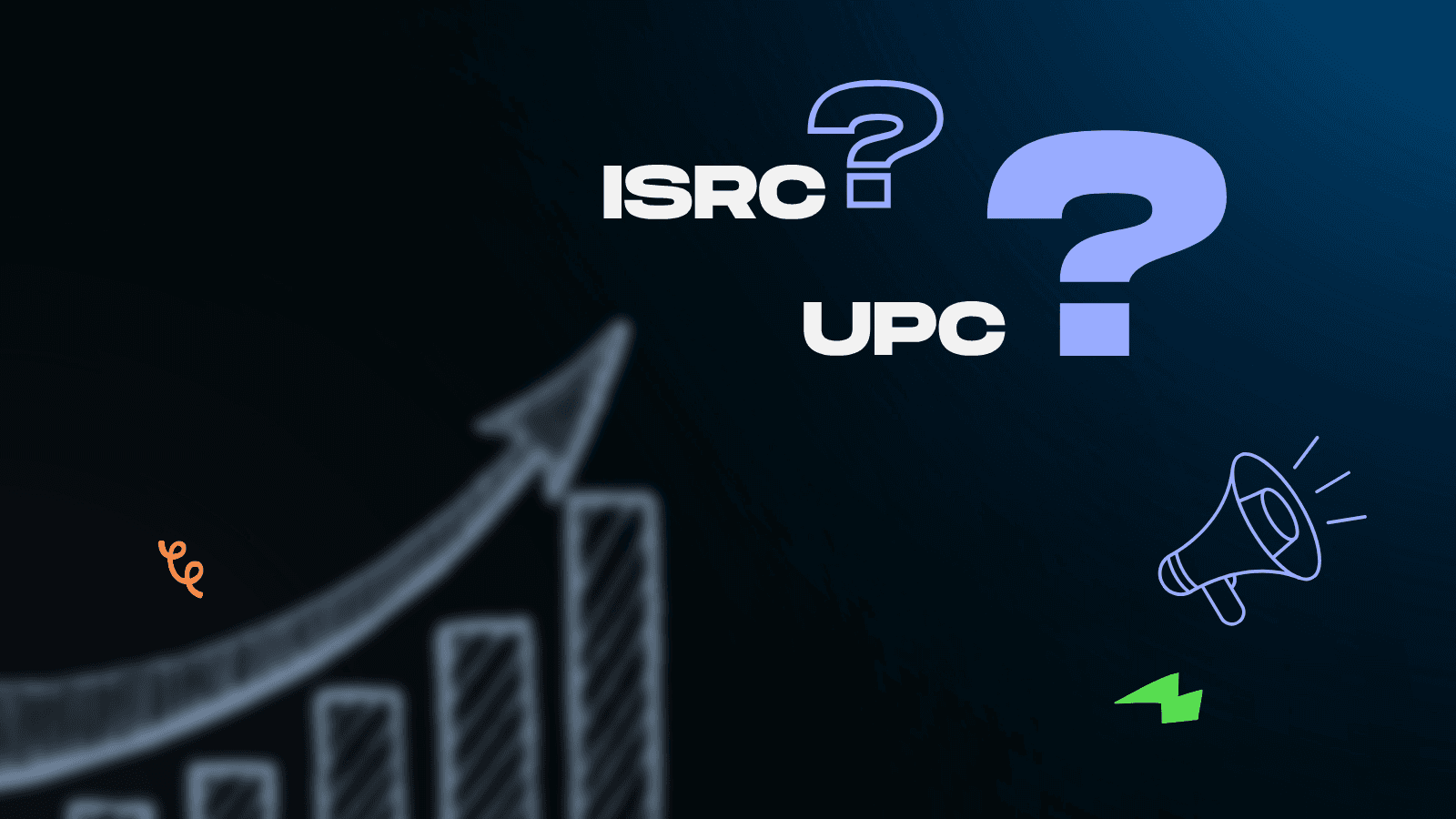What is ISRC and UPC? A Complete Guide for Independent Artists
Learn the difference between ISRC and UPC codes, why they’re essential for tracking and selling your music, and how independent artists can get them easily for digital releases.

What is an ISRC Code?
ISRC stands for International Standard Recording Code. It’s a unique 12-character code that identifies a specific recording or sound file. Think of it like a fingerprint for your track. Example of an ISRC:
IN-PG1-25-00001 IN → Country Code (India)
PG1 → Registrant Code (assigned to label/distributor like PlayGeet)
25 → Year of registration
00001 → Unique track identifier
Why ISRC is Important:
Tracks your royalties from platforms like Spotify, Apple Music, and YouTube.
Prevents duplicate ownership claims.
Helps collect performance and streaming royalties globally.
With PlayGeet, every track you release automatically receives a valid ISRC code, so you never have to worry about assigning it yourself
What is a UPC Code?
UPC stands for Universal Product Code. It’s a barcode number used to identify the entire album or release, not an individual track. If ISRC is for a song, then UPC is for the album or EP.
Why UPC is Important:
Required by stores like Spotify, iTunes, and Amazon Music to list your release.
Helps track total sales, streams, and revenue of the entire album.
Allows your release to appear correctly across digital platforms.
When you distribute music through PlayGeet, each release automatically gets a unique UPC code.
How PlayGeet Helps You When you release through PlayGeet, you don’t need to apply separately for ISRC or UPC.
We automatically generate and register both codes for your music, ensuring your royalties are tracked globally and your releases appear correctly across all platforms.
ISRC and UPC codes may seem technical, but they’re the backbone of music distribution.
They make sure your music is identified, credited, and monetized properly.
